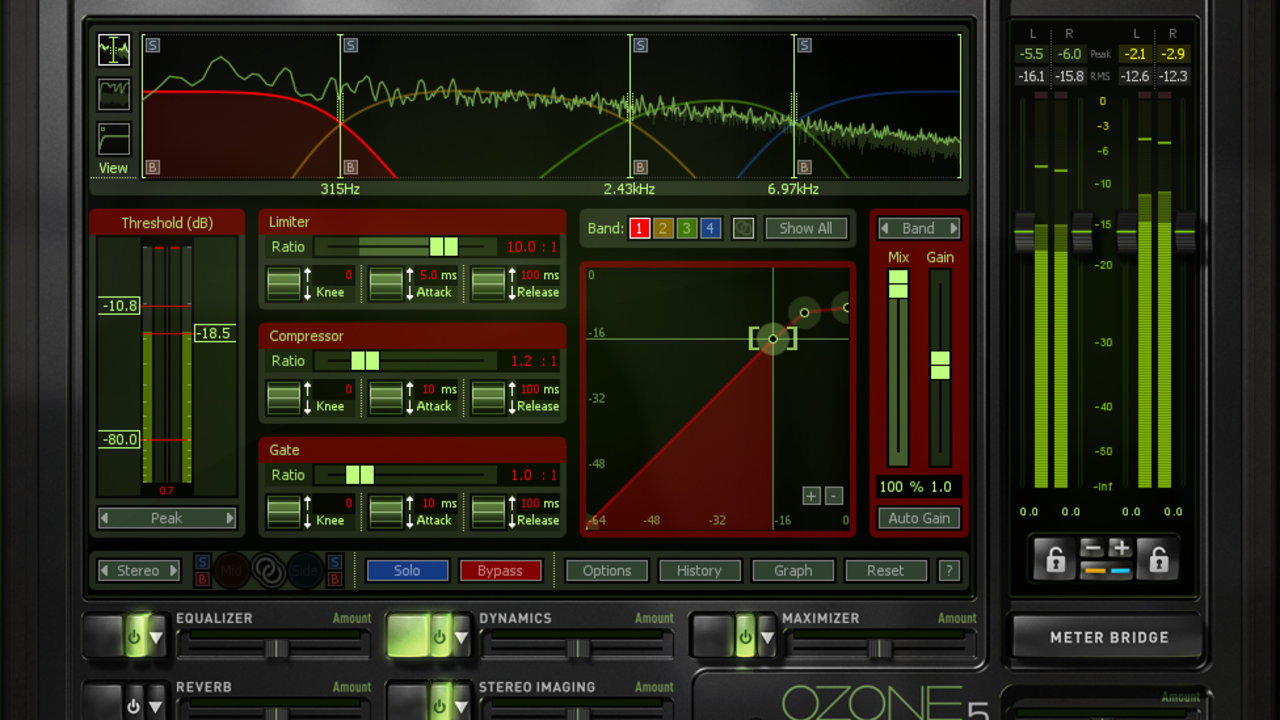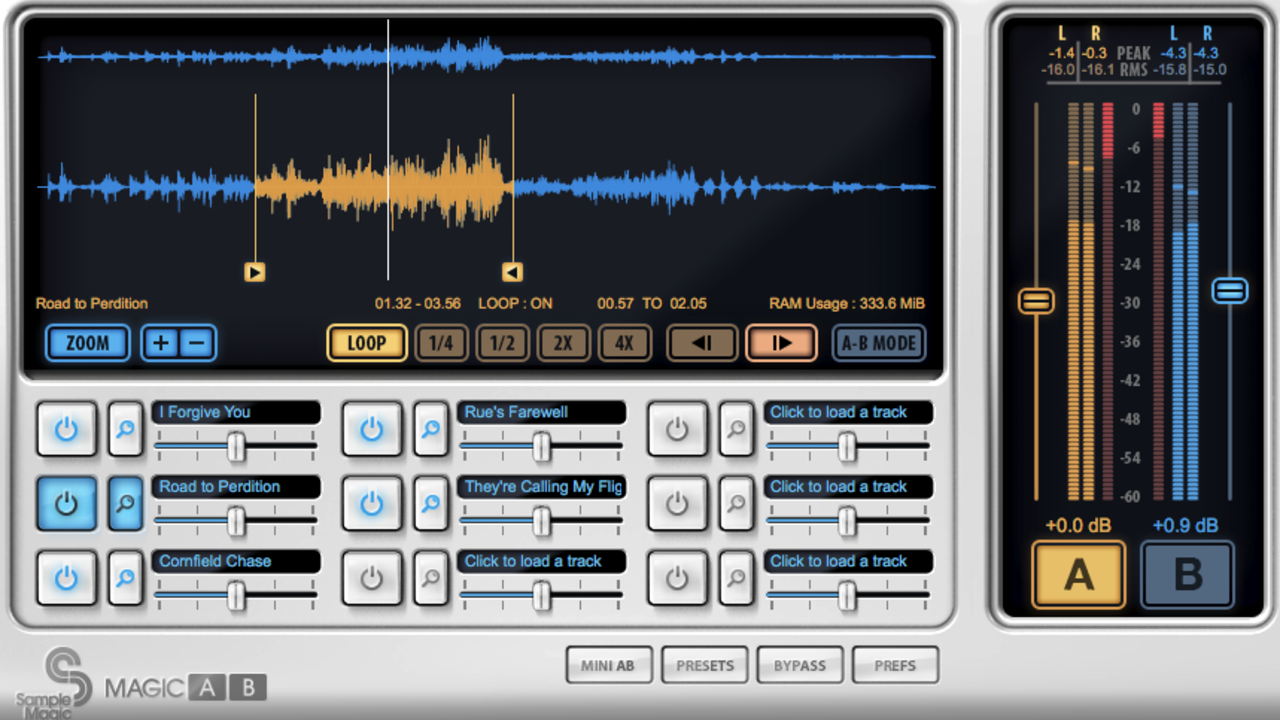The All-Things-Audio Blog
Groove in the Mix

Music is all about emotion and getting people to feel something. Sometimes we as engineers like to make things more complicated and technical and we forget the emotion. A lot of people have asked me, "How do I know when my song is ready for mastering? How do I know when I'm done mixing?" I always say the same thing:
If your song translates the groove and emotion it's supposed to have on multiple devices, you're ready for the mastering stage. There is no need to over-mix your music, it can end up losing its pizzazz and flare. If you put it on a car system, boom box, phone, laptop, computer speakers, and no matter what it's grooving, the kicks are cutting through, the bass is singing, vocals sit right, it's great, you can now move on to mastering. Don't beat a dead horse. There's no use trying to pick apart every nitpicking detail of a mix. When it comes down to it, the only people that will know what those little details in a mix are going to be engineers, and if you are confident in ...
Multi-Band Compressors

If you feel like your songs always end up pumping when you get to the mastering stage, you could be driving your compressor too hard. You might find yourself backing off to get rid of the pumping. But by backing off, it loses the glue. So what do you do?
Be careful with a regular compressor on a master. There’s nothing wrong with using one, but if you have heavy kick/bass content it could cause the song to pump.
Try using a multi-band compressor as a solution to pumping.
Multi-band compressors allows you to control different frequencies (think of a compressor-EQ) with different amounts of compression. So if your bass/kick is overpowering the song, you can treat 120hz and below rather than the entire spectrum. I love iZotope’s Ozone or Alloy for this but most, if not all DAWs have a multi-band compressor included.
All the knobs, meters, bells, whistles, and tweakable parameters get really overwhelming. When I first started using them I was intimidated and afraid because I didn’t kno...
Using A/B Referencing In Mastering

A/B referencing in mastering is perhaps one of the most important things you can do. A/B referencing refers to the process of switching back and forth between two audio sources. This kind of referencing can be a HUGE help, but make sure what you're doing is helping, not hurting. Of course you want to help your song, right? Here are a couple of things you can do to make sure you are using A/B to help your master.
Always Volume Match
This is probably the number one problem when people master. The deception that comes from your track and a reference track being just 0.5db off can make a huge difference. Why is this so dangerous? If one track is louder than the other, you’re going to be tricked into thinking it MUST sound better, even if that’s not the case. Because of the increase in volume, your brain tricks you into thinking it’s clearer, punchier, and wider. Louder isn’t necessarily “better.” Always make sure that in this crucial stage of mastering you are level matching all your mo...
